This class explores a historical development that Judaic scholars have often been confused about or uncomfortable acknowledging, and about which Franklin specialists have been largely oblivious. In his 20s, Benjamin Franklin set out to perfect his character, in the process devising a self-improvement method — which he later outlined in his famous posthumously-published autobiography — to aid him in the challenging task of becoming virtuous. After his passing, Franklin's method was made available to Hebrew-reading audiences and incorporated into the Jewish tradition of musar (practical spiritual, emotional, and moral guidance) through the publication of Rabbi Mendel Lefin's Sefer Ḥeshbon Hanefesh (Book of Spiritual Accounting, 1808). We will examine and discuss excerpts from Franklin's autobiography, from Lefin's Spiritual Accounting, and from writings of subsequent rabbis and Jewish scholars who have grappled with Franklin and the Haskalah/Jewish Enlightenment's lasting impact on musar and contemporary Judaism.
Shai Afsai is a writer living in Providence. His recent research has focused on the works of Thomas Paine, Jews and the Masonic fraternity, the religious traditions of the Beta Yisrael Jewish community from Ethiopia, Judaism in Nigeria, aliyah to Israel from Rhode Island, Jewish pilgrimage to Ukraine, Jews and Irish literature, Jewish-Polish relations, and Micronesian attitudes toward Israel. His writing on Ben Franklin has been published in the Journal of the American Revolution, the Review of Rabbinic Judaism, JewTh!nk, and Segula: The Jewish History Magazine.

